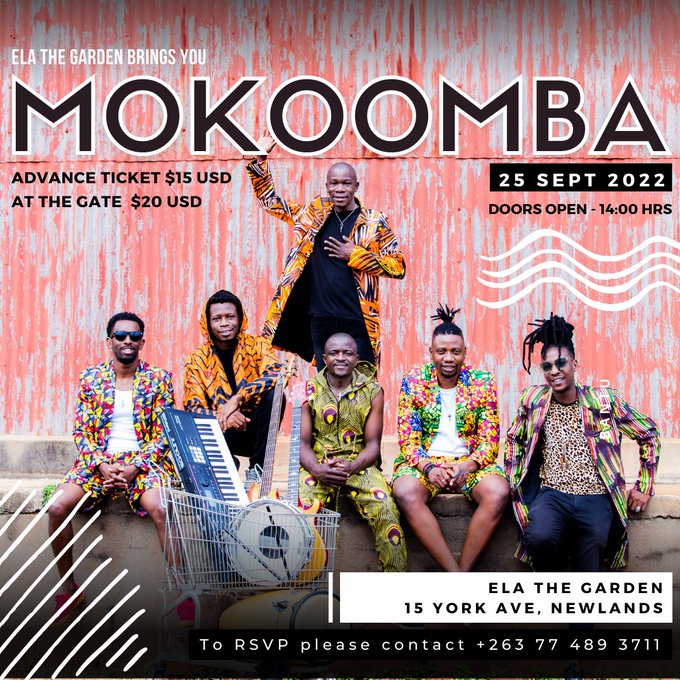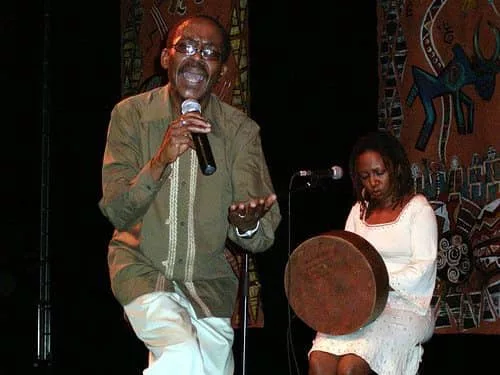|
Getting your Trinity Audio player ready...
|
By Lovemore Chazingwa
There is a mixed fortune in the lives of Chibuku Road to Fame offspring as some groups go on to shine while the others fizzle out in the tough music journey.
With the return of the competition that had taken a sabbatical due to the Covid-19 pandemic, success and sustainability are under the spotlight for winning groups.
This year, Chibuku Road to Fame national finals will be held on October 1 at Harare Gardens.
The tale of mixed fortunes raises questions on the administrative aspect obtained for the winners in the past. There is an array of talent and resources. However, once some of the groups win the big one and are left to navigate the waters on their own, they fall short of the fame that they would have announced on the big day of the finals.
Mokoomba is one group that has gone on to shine, breaking new ground, and breaching borders as a result of their capabilities although they are from the outlying City of Victoria Falls.
“We have travelled a lot and we’ve been doing well. Our aim is to take Zimbabwean music and culture across the globe. Our music has been well received in different regions of the globe where we have performed. We also feel that our management team has played a critical role to see us where we are today, otherwise we may not have managed to sail this far,” said one of Mokoomba band members on the sidelines of celebrating Francophone Week at Alliance Francaise at the annual event. The crooner preferred anonymity as he is not allowed to comment to the press.
Romeo Gasa has also proved a resilient sungura proponent, reminding his followers, sponsors, and stakeholders of the victory that he deservedly won from the talent identification and nurturing competition. He has stood head and shoulders above others in the industry he has seen some of his peers falter.
There are other groups that have done exceptionally well on the road, only to wilt into oblivion. Such groups include Blackface who bagged the big one in 2006, Bopoma Stars came out tops three years later but, are no force at the moment.
Munanandi Express has followed on the wrong rail as they are nowhere near their past glory of 2011 when they ruled the competition roost. Terry and Bliss (2012) and Hambakwe Stars who snatched the 2013 gong have not fared any better. Their existence now seems to beg for another chancer to compete on the road and be handheld, again.
Management levels in those groups that have failed come to the fore. From research on the existence of the groups, the respective group leaders seem to apply a know-it-all approach without engaging professional management personnel or companies to run their administrative affairs.
Renowned art critic, Professor Fred Zindi bemoaned the lack of professionalism in upcoming arts groups resulting in their imminent oblivion. What needs panel beating is how winning bands from the finals manage to manouvre on the red carpet that would have been rolled out by major sponsors Delta Beverages and the national arts association – National Arts Council of Zimbabwe (NACZ).
On their part, major sponsors Delta and stakeholders should arguably come up with a training program for the groups’ fame and professional management for the survival of the bands. Otherwise, the same old song of arrested development for the majority of the groups recurs, putting to waste resources and talent that could have borne better fruits.






